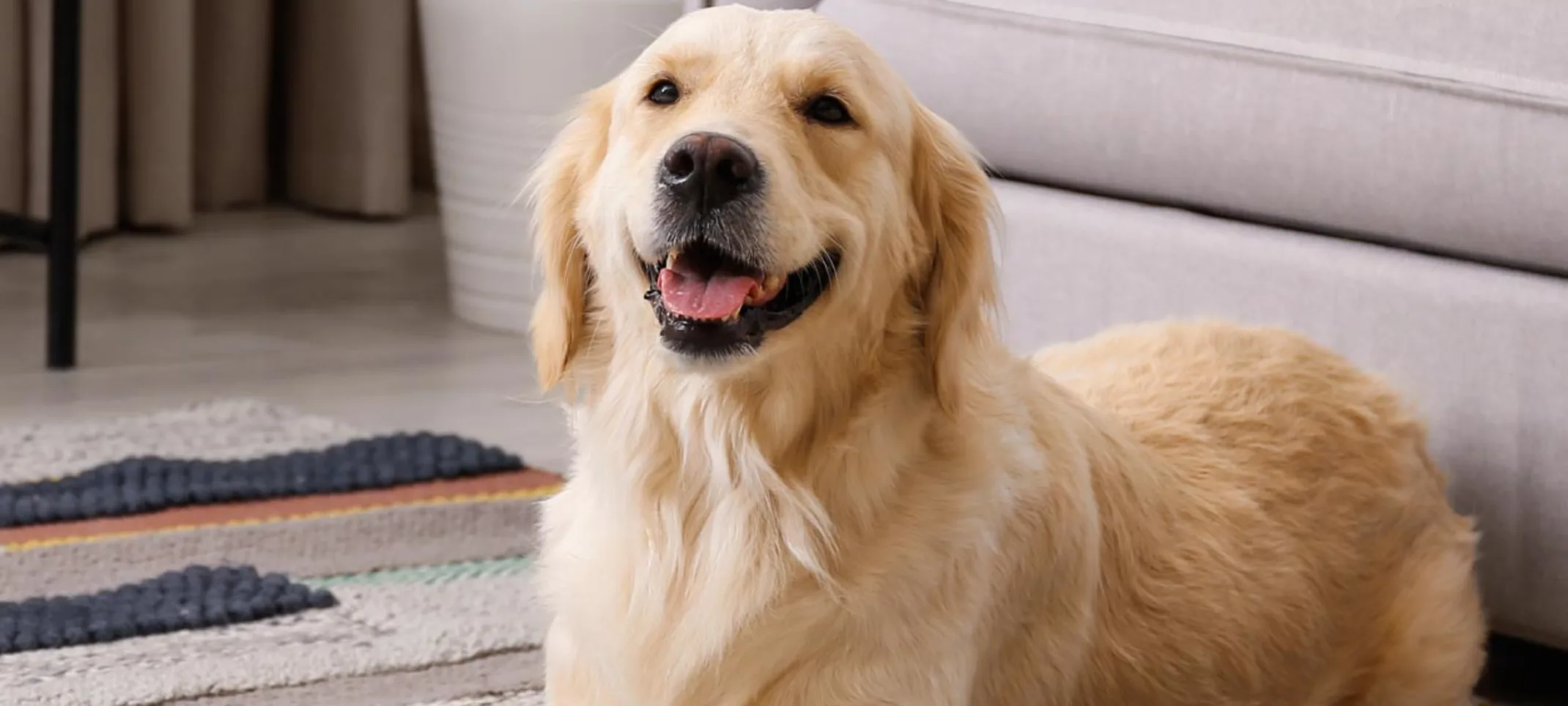Elmwood Grove Animal Hospital
Laryngeal Paralysis
Usually slowly-progressing disease of middle-aged dogs (especially Labradors) causing the cartilages which open and close the larynx (voice box) to stop functioning.

Laryngeal paralysis (LarPar) has a new name: Geriatric-onset laryngeal paralysis and polyneuropathy (GOLPP). It is a usually slowly-progressing disease of middle-aged dogs (especially Labradors) causing the cartilages which open and close the larynx (voice box) to stop functioning. Affected dogs have a harsh bark, noisy breathing, difficulty swallowing, exercise intolerance and are at risk of developing heat stroke and aspiration pneumonia. Many affected individuals, if carefully observed, will show other neurologic abnormalities.
While the cause of the problem is unknown, there are excellent treatment options.
For mild cases, weight control, limiting exercise, preventing over-exertion and overheating is all that is necessary. Although collars are not thought to cause LarPar/GOLPP, we recommend switching to using a harness or Gentle Leader.
For more severe cases, there are 2 surgical options. We generally recommend a procedure called "arytenoid cartilage lateralization (tieback)." We do the tieback as a day (outpatient) surgery. You drop your dog off in the morning, we do whatever diagnostics are required, including a 3-view set of chest X-rays. If there are no complicating factors, we will perform the surgery in the morning and discharge your dog in the afternoon.
Sometimes, if your dog has had problems with aspiration pneumonia or if the X-rays reveal that he has megaesophagus, the tieback may not be the appropriate treatment. In those cases, a permanent tracheostomy may be required.
In any event, surgical complication rates are low, whereas complications of not treating the disease include potentially fatal aspiration pneumonia, heat stroke, and, worst of all, suffocation.
